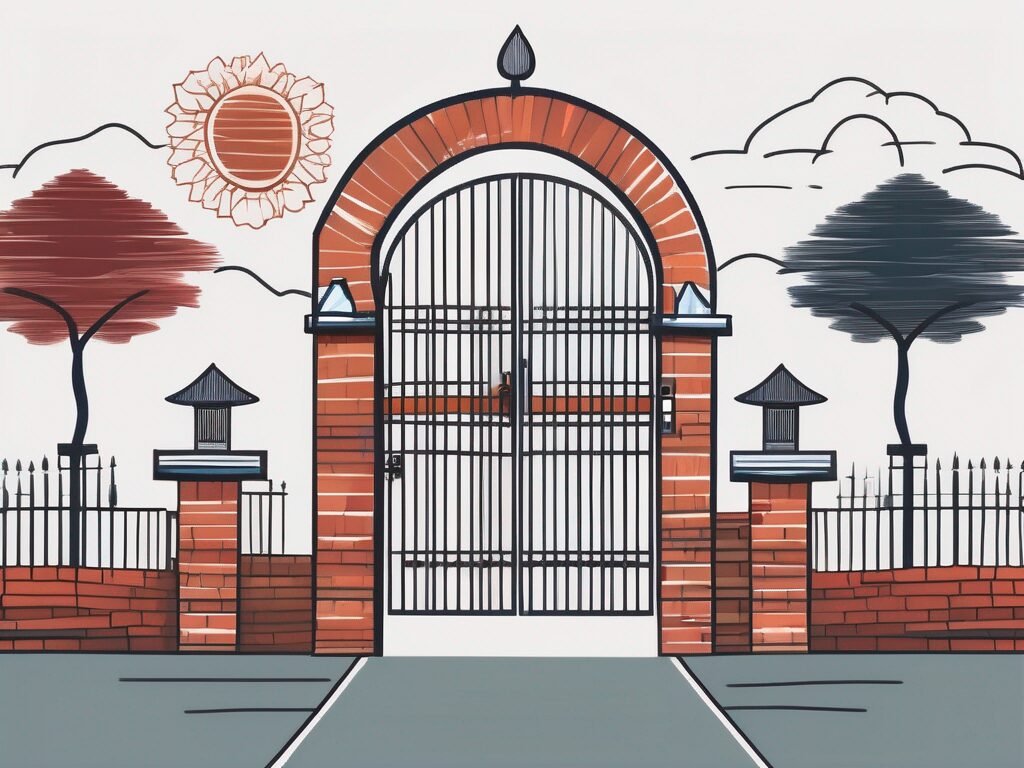The education landscape in Malaysia is as diverse as its cultural tapestry. Teachers, particularly those with a Postgraduate Certificate in Education (PGCE), often find themselves navigating through a myriad of cultural hurdles. These challenges, while daunting, are not insurmountable. This blog post will delve into five of the most common cultural barriers that PGCE teachers in Malaysia may encounter and provide insights on how to overcome them.
1. Language Barrier
Malaysia is a multilingual country with Malay, English, Mandarin, and Tamil being the most commonly spoken languages. This linguistic diversity, while enriching, can pose a significant challenge for teachers, especially those who are not native speakers of these languages.
Overcoming this hurdle requires a multi-faceted approach. Firstly, teachers should endeavour to learn the basics of the local languages. This not only aids in communication but also shows respect for the local culture, fostering a positive classroom environment. Secondly, teachers can leverage the use of visual aids and interactive teaching methods to facilitate understanding.
Comparing with Other Multilingual Countries
Similar challenges are faced by teachers in other multilingual countries like India and South Africa. However, the successful implementation of bilingual education models in these countries serves as an encouraging example for Malaysia.
2. Socio-economic Disparities
Malaysia’s socio-economic landscape is characterised by significant disparities. These disparities often translate into unequal access to educational resources, affecting the learning outcomes of students.
Teachers can help bridge this gap by adopting inclusive teaching practices. This includes differentiating instruction to cater to the diverse learning needs of students and leveraging technology to provide access to learning materials. Additionally, teachers can advocate for policies that promote educational equity.
Lessons from Finland
Finland’s education system, renowned for its commitment to equality, offers valuable lessons in this regard. The country’s focus on early intervention, personalised learning, and comprehensive student support has proven effective in mitigating socio-economic disparities in education.
3. Cultural Sensitivity
Malaysia’s rich cultural diversity necessitates a high degree of cultural sensitivity in the classroom. Teachers must be mindful of cultural norms and practices to avoid inadvertently offending students or their families.
Building cultural sensitivity involves gaining a deep understanding of the local culture, customs, and traditions. Teachers can achieve this through cultural immersion and by actively seeking opportunities to learn from local colleagues and community members.
Insights from Canada
Canada’s multicultural classrooms provide a good model for cultural sensitivity in education. Canadian teachers are trained to respect and celebrate cultural diversity, fostering an inclusive and respectful learning environment.
4. Parental Expectations
Parental expectations in Malaysia often revolve around academic excellence. This can create pressure on both students and teachers and may sometimes overshadow the importance of holistic development.
Teachers can manage these expectations by maintaining open communication with parents and emphasising the importance of balanced growth. Regular parent-teacher meetings can serve as a platform for discussing students’ progress beyond just academic performance.
Looking at Japan
Japan’s education system strikes a balance between academic rigour and holistic development. This approach, which values character education as much as academic achievement, could serve as a model for managing parental expectations in Malaysia.
5. Standardised Testing
Like many Asian countries, Malaysia places a strong emphasis on standardised testing. This often leads to a ‘teaching to the test’ approach, which can limit the scope of learning.
Teachers can counter this by incorporating creative and critical thinking skills into their lessons. Project-based learning, for instance, encourages students to apply their knowledge in real-world contexts, fostering a deeper understanding of the subject matter.
Learning from Finland, Again
Once again, Finland provides a useful reference point. The country’s minimal reliance on standardised testing has allowed for a more holistic, student-centred approach to education, which could serve as an inspiration for Malaysian educators.
In conclusion, while the cultural hurdles in Malaysia’s education system are significant, they are not insurmountable. With the right strategies and a commitment to continuous learning and adaptation, PGCE teachers can effectively navigate these challenges and contribute to the development of a more inclusive and equitable education system in Malaysia.
Empower Your Teaching Career with The IQTS at UWE
As you strive to overcome cultural barriers in Malaysia’s education system, The International Qualified Teacher Status (iQTS) programme at UWE is your ally in professional growth. With our Level 7 qualification, you can enhance your adaptability to different educational contexts, increase your chances of career advancement, and connect with a global network of educators. Don’t let qualification requirements hold you back—join the 50% of iQTS holders who see a significant boost in interview callbacks. Embrace the opportunity for a 45% increase in promotion rates and a 30% salary uplift. Say goodbye to professional isolation and hello to a 300% expansion in professional connections. Make your next step towards a fulfilling international teaching career with iQTS. Make Your Next Step today and start transforming challenges into milestones.

